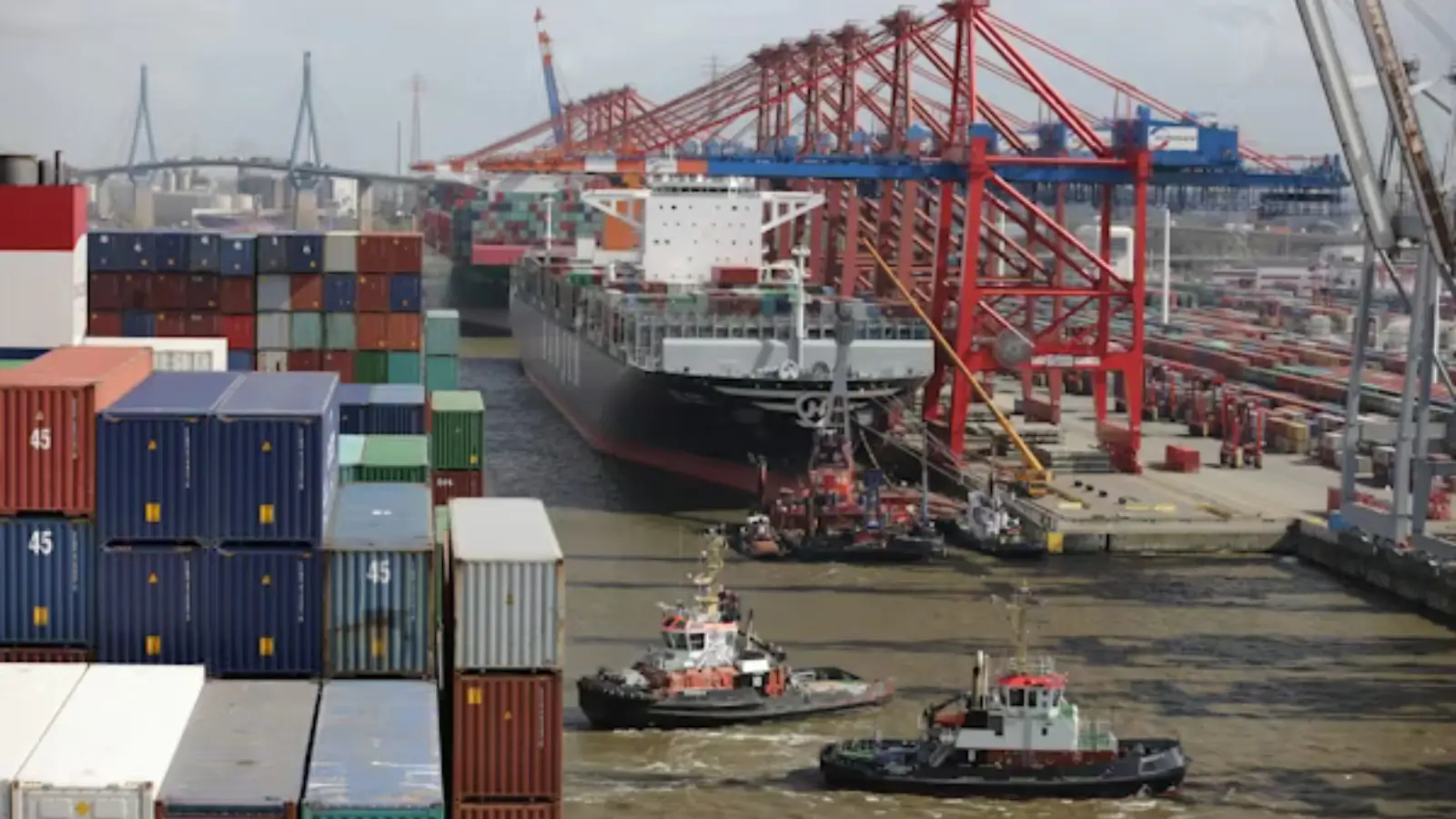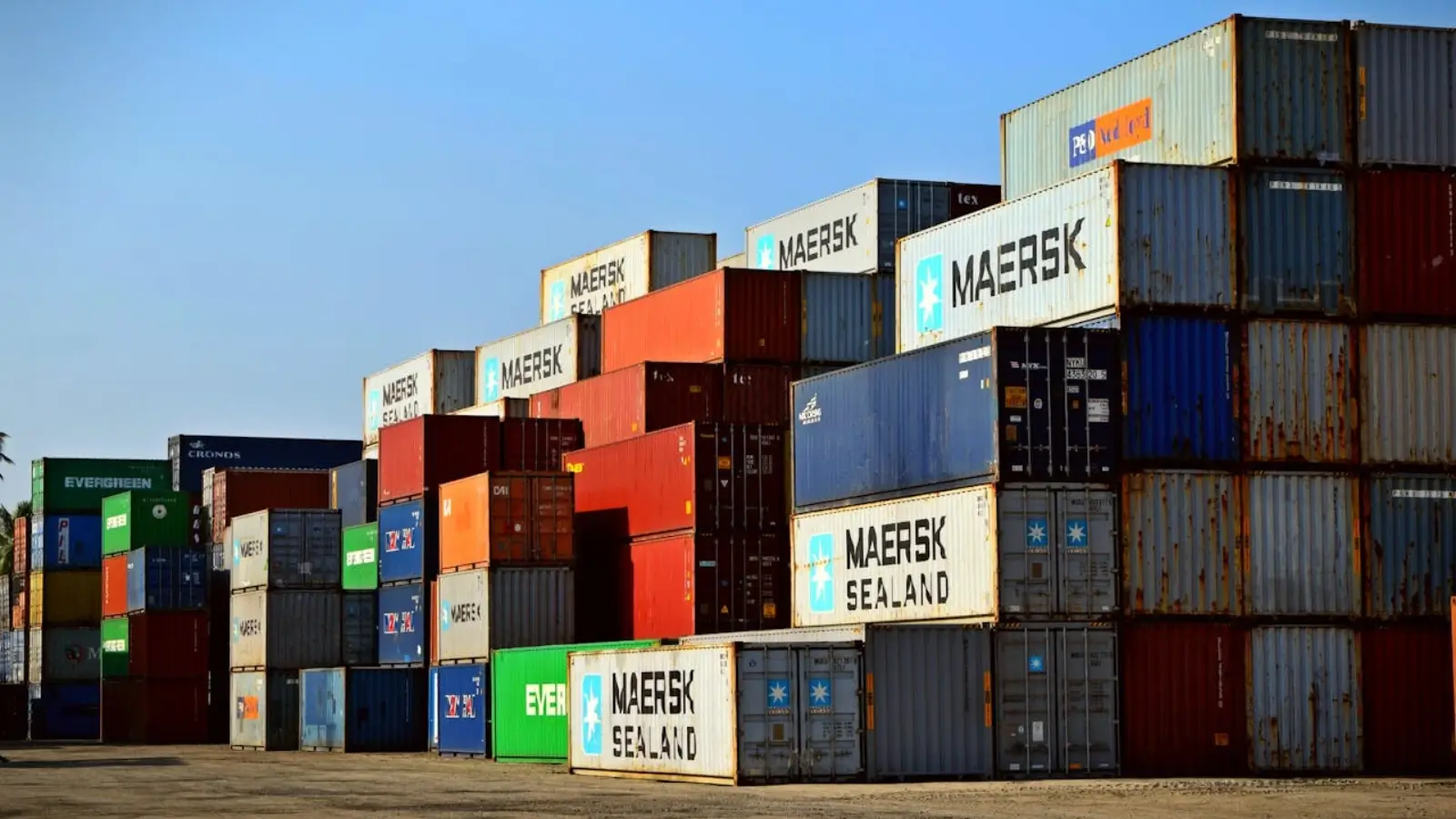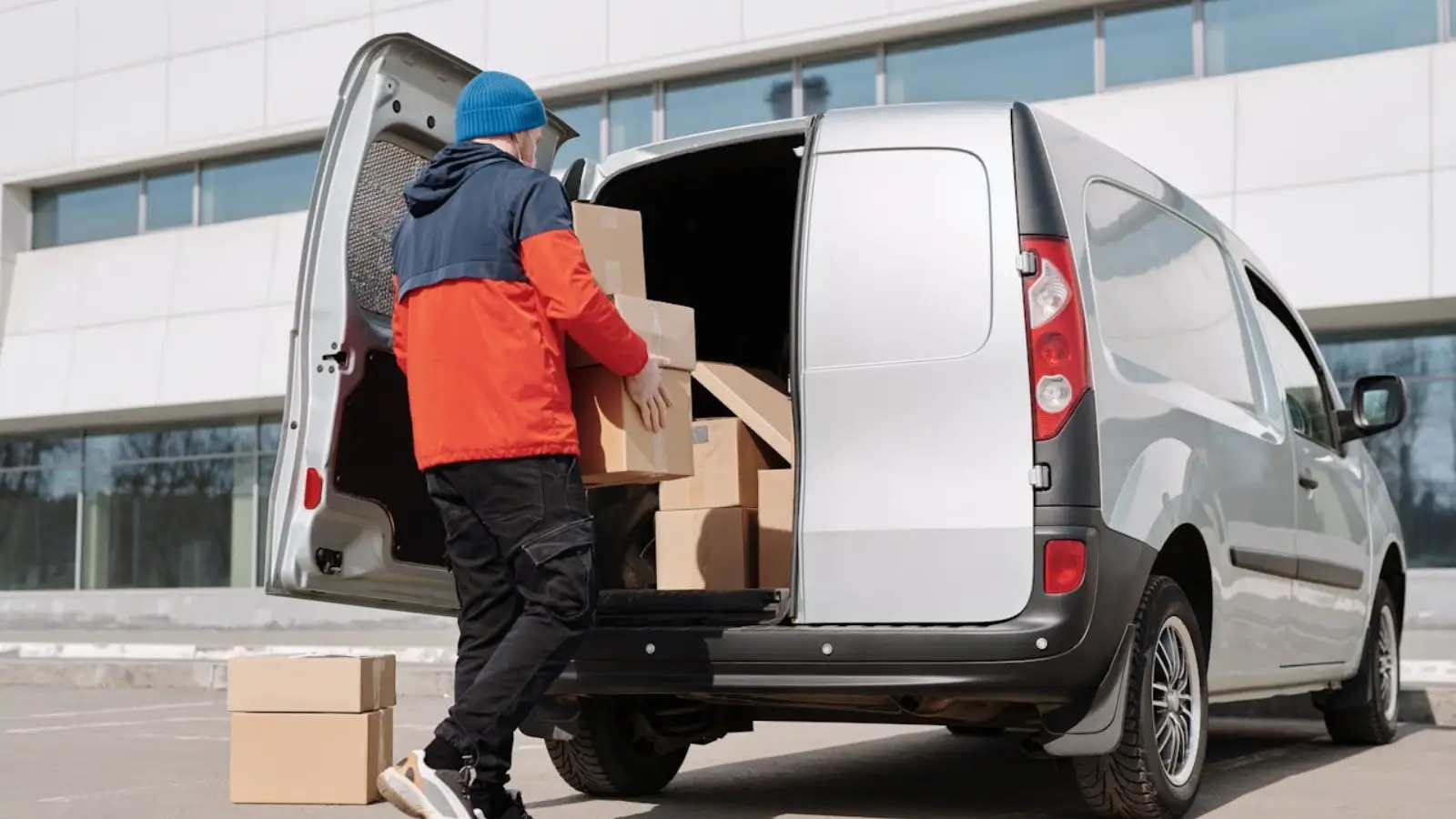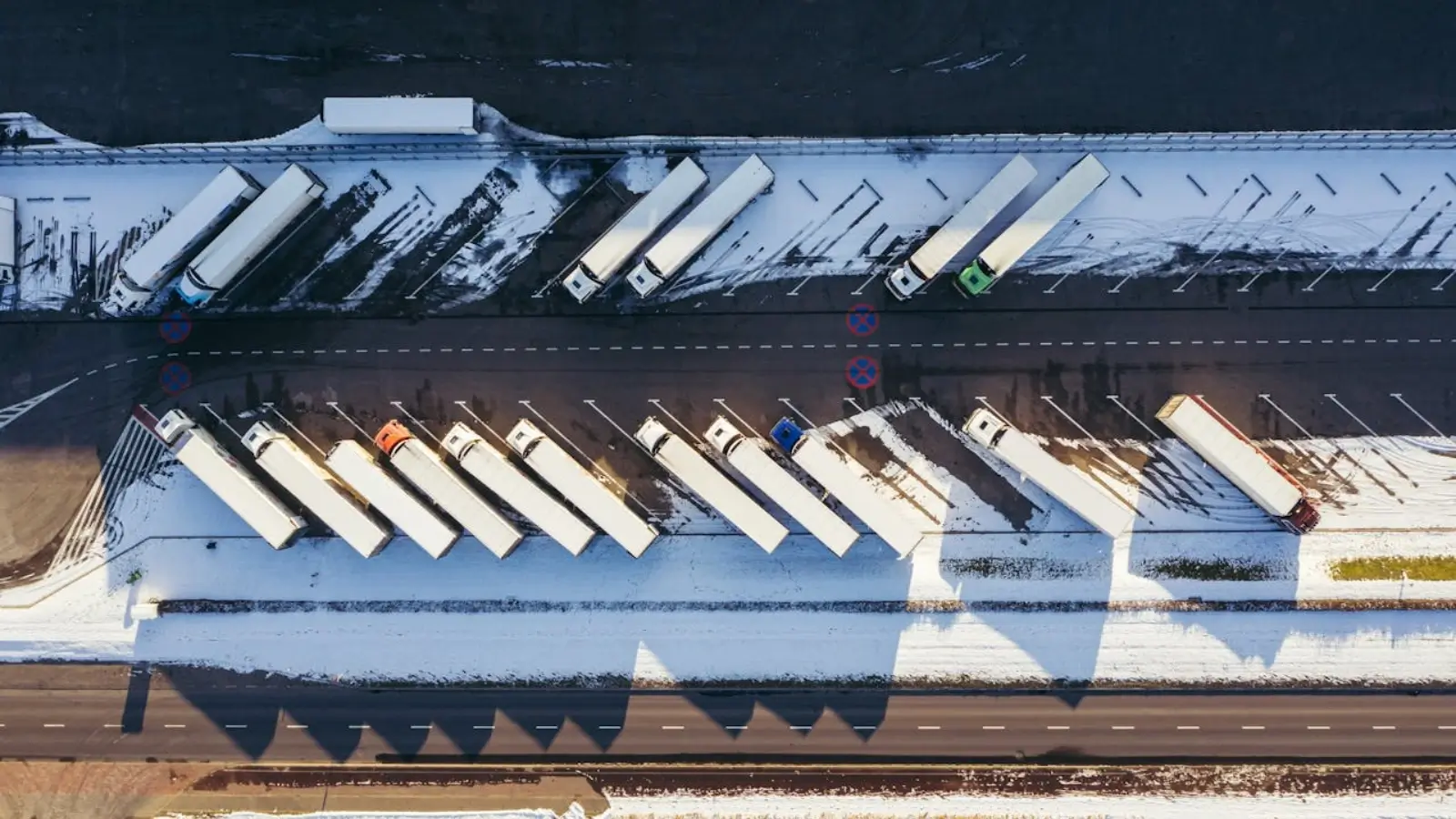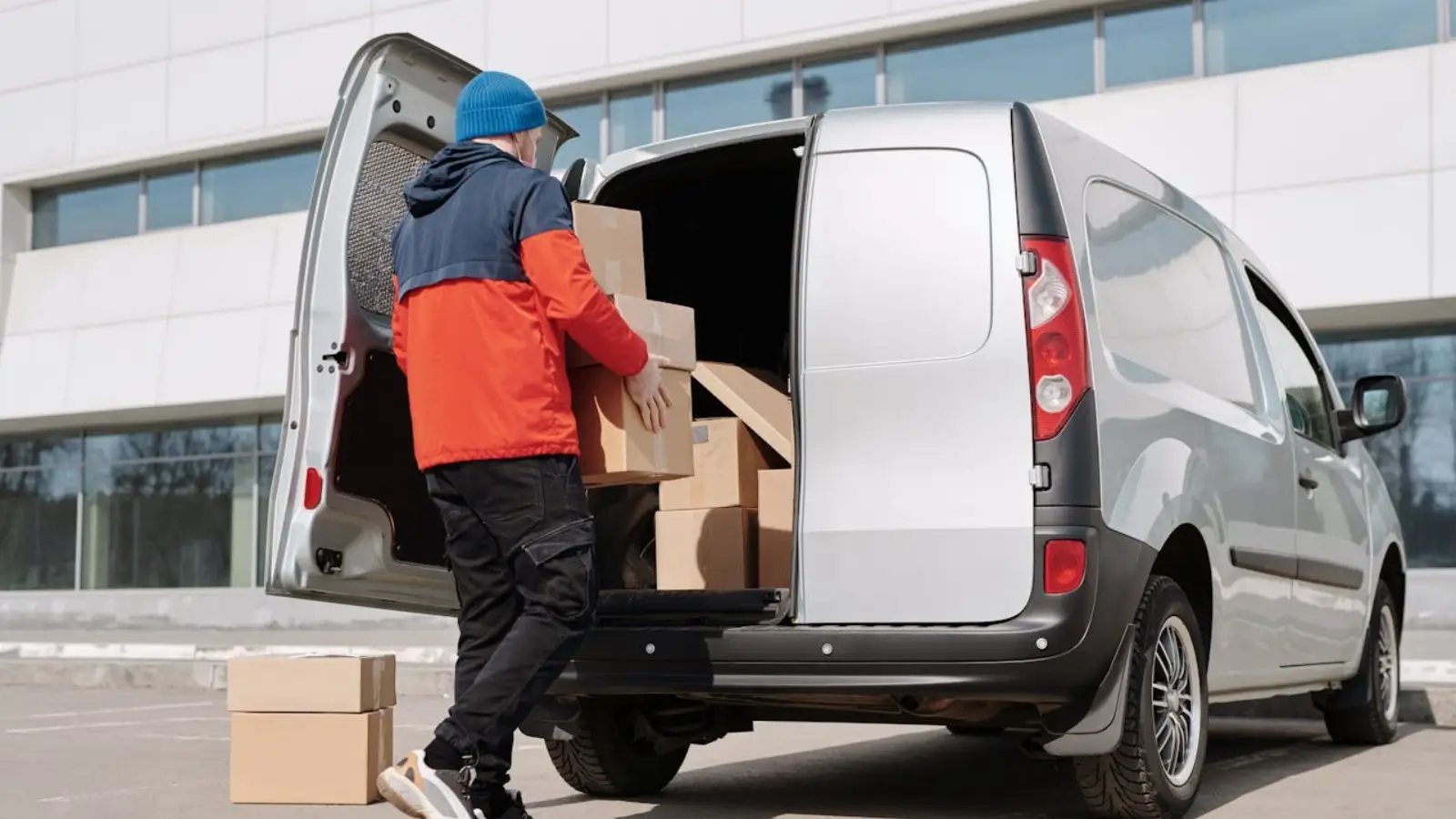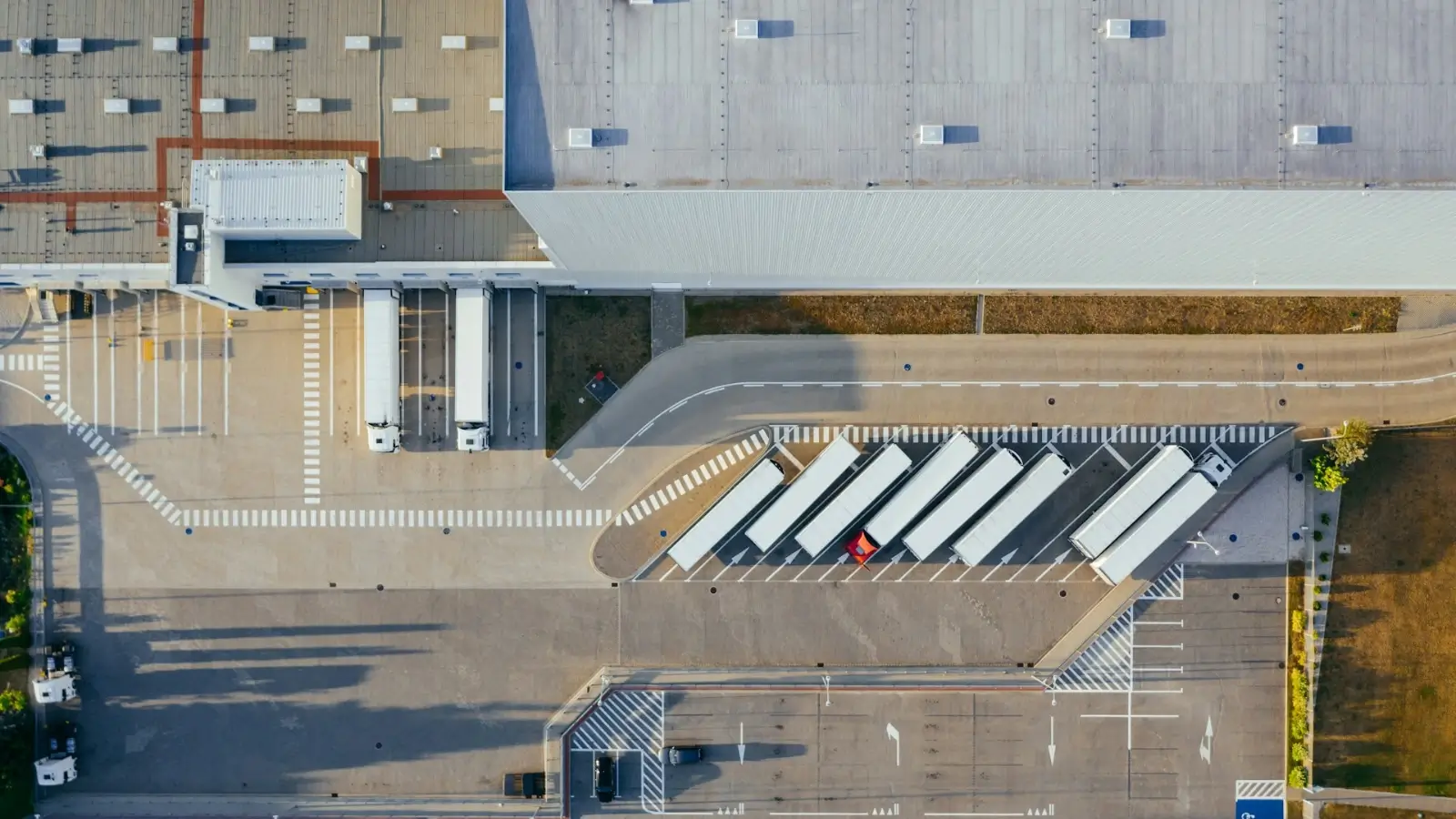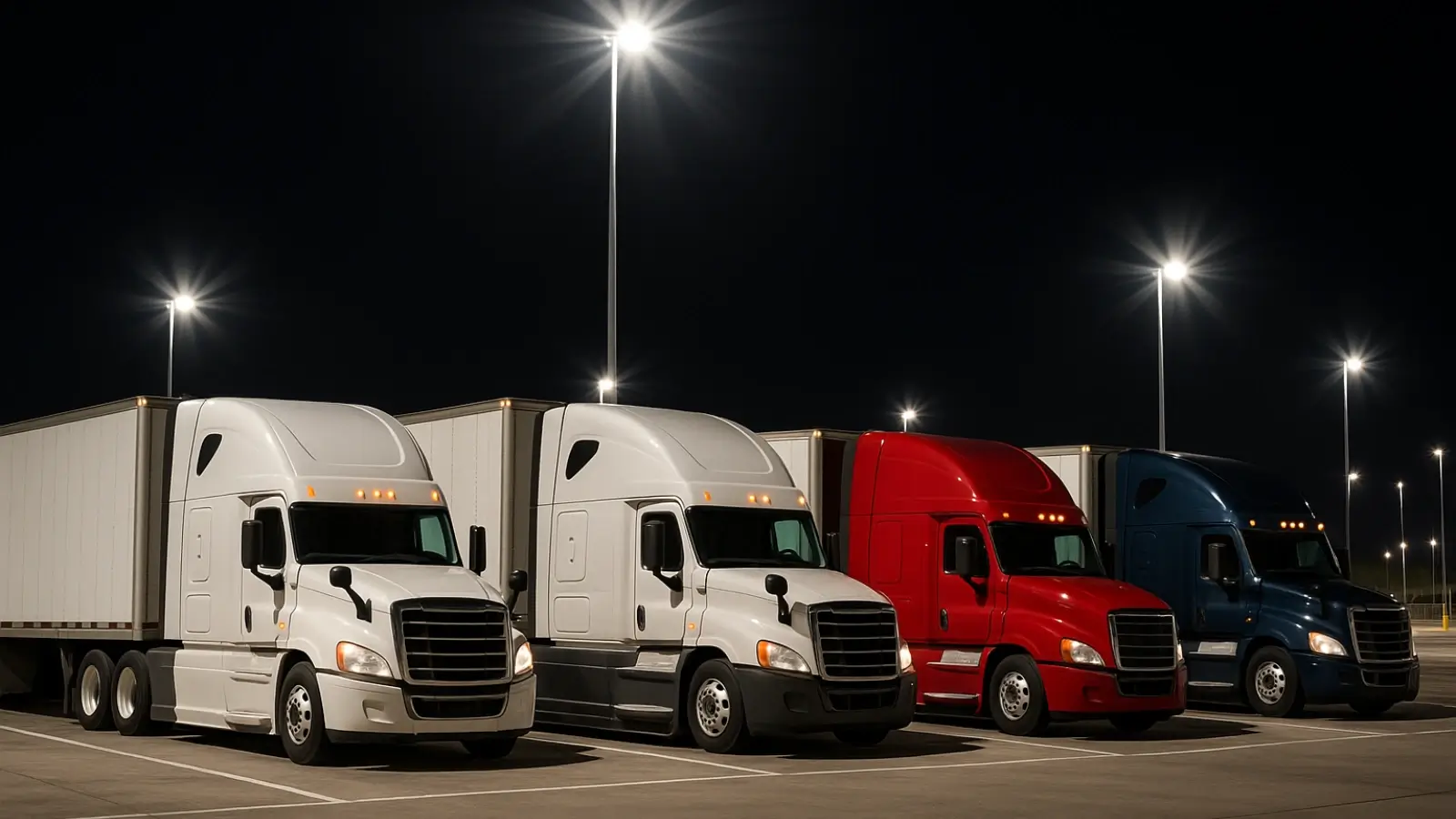The freight industry has witnessed tremendous growth recently, with industry experts predicting an even more bullish outlook.
According to Fortune Business Insights, the global freight market was valued at USD 2.7 trillion in 2024 and is projected to hit USD 3.6 trillion by 2032, exhibiting a compound annual growth rate (CAGR) of 4.0% during the forecast period.
Sure, President Trump’s tariffs will undoubtedly trigger a slump in freight orders to the United States. However, the shock is poised to ease as more international shippers adjust to the new normal (assuming the executive orders persist longer than expected).
Now, technology is a key growth driver in the freight industry. Investors must strive to stay abreast of emerging trends and innovations to stay ahead of the competition.
Here are the biggest technological trends that will shape the future of the trucking and freight industry.
1. Embracing Better Cost Management Initiatives
Freight is a for-profit industry. Therefore, every cost-saving, revenue-boosting initiative is welcome.
Numerous trucking industry news outlets report that freight forwarders are adopting a more proactive approach to cost management.
A popular trend in this area is leveraging multimodal transportation options, which consolidate air, sea, and road/rail shipments depending on clients’ location. Freight companies also embrace efficient route mapping technologies to bypass supply chain disruptions.
2. Focus On Last Mile Delivery
Last-mile delivery is a critical component of freight supply chains. Unless shipments actually get to the final customer, logistics providers cannot sustain their operations long enough.
Shrewd freight investors already acknowledge this vital fact and are exploring innovative strategies, such as personalized drop-offs using drone delivery.
Besides enhancing timely shipment, autonomous drones also facilitate contactless deliveries. This allows freight forwarders to scale down their human workforces, saving big in operational costs.
3. Renewed Interest in Electric Vehicles
Electric vehicles (EVs) have surprisingly been around for over a century, despite garnering immense attention quite recently.
But after facing fierce resistance over the decades, we’re finally set to witness a renewed interest in EVs as more freight companies upgrade to alternative fuels.
Tesla, Nikola, Rivian, and Volvo are among the key players overseeing the EV revolution.
4. Normalizing Autonomous Vehicles
Airbus’s successful testing of its self-driving air taxi - Vahana - in June 2019 pushed the frontiers of autonomous vehicle development.
While we’re yet to witness cargo planes delivering shipments from the Far East to America, it may not be long before that becomes a reality.
Meanwhile, driverless commercial trucks may hit the freeways much sooner. The quest for self-driving trucks received a massive boost following Kodiak Robotics' launch of commercial driverless operations in December 2024.
5. Fostering Interconnectedness with IoT
The Internet of Things (IoT) is one of the fastest-growing technological innovations, and the freight industry is eager to claim a fair share of it.
Warehouse managers will integrate IoT-enabled sensors to track their inventories with remarkable precision.
Fleet managers will also leverage this technology to track their vehicles’ mechanical performance, including fuel economy and engine health.
6. Providing Immersive Experiences with AR
Augmented reality (AR) has always been synonymous with gaming. However, emerging trends suggest this technology may revolutionize the freight industry.
Augmented reality will streamline truckers' real-time navigation by assisting with route mapping.
Companies will also leverage AR to provide immersive training in simulated environments, augmenting the onboarding process.
7. Accelerating the Race to Net-Zero Emissions
Net-zero may have started as another random conservation cliché.
But barely a decade later, the idea has furiously caught on as more governments impose mandatory regulatory compliance on the minimum greenhouse gas (GHG) emission levels.
For freight companies, embracing eco-friendly practices isn’t just an act of regulatory compliance. It’s also an ingenious way to tap into the constantly growing segments of eco-conscious consumers.
8. Supporting Critical Decision-Making with GPS Tracking
GPS systems have been around the freight industry for decades, providing live updates through real-time cargo tracking.
Besides asset monitoring, GPS devices will empower freight companies to make data-backed decisions.
The real-time insights relayed by GPS trackers will enable fleet managers to implement critical adjustments to their routes, forestalling costly delays. These devices will also work alongside IoT sensors to provide truckers vital information on their vehicle’s overall health.
9. Safeguarding Data with Cloud Computing
Cyber criminals are constantly perfecting their craft. While these shady characters previously targeted smaller freight businesses, the NotPetya ransomware attack 2017 proved that every company is fair game.
The breach targeted the then-largest container shipping company in the world, Maersk.
Cyber-attacks can cause financial losses, reputational damage, and the loss of business secrets. To minimize these risks, more freight companies are now embracing cloud computing.
Cloud storage safeguards sensitive information by storing it in secure, centralized platforms.
10. Enhancing Transparency with Blockchain
The quest for robust data security platforms also explains the growing interest in blockchain.
By integrating blockchain into their operations, freight companies can improve data security via the technology’s decentralized, immutable ecosystem. Transactions recorded through these systems are tamper-free, fostering security and transparency.
Blockchain is also a cost-saving innovation, as it minimizes the need for hands-on transaction verifications. Freight businesses will leverage this technology to scale while maintaining a competitive edge.
Wrap Up
Most of these trends are already shaping the global freight industry, underscoring the imperative of early adoption. By embracing emerging innovations early enough, you’ll be able to wield a significant operational edge while your fiercest competitors strive to keep up.
Being an early adopter is also critical in weathering tech-related supply chain disruptions in the freight industry.










